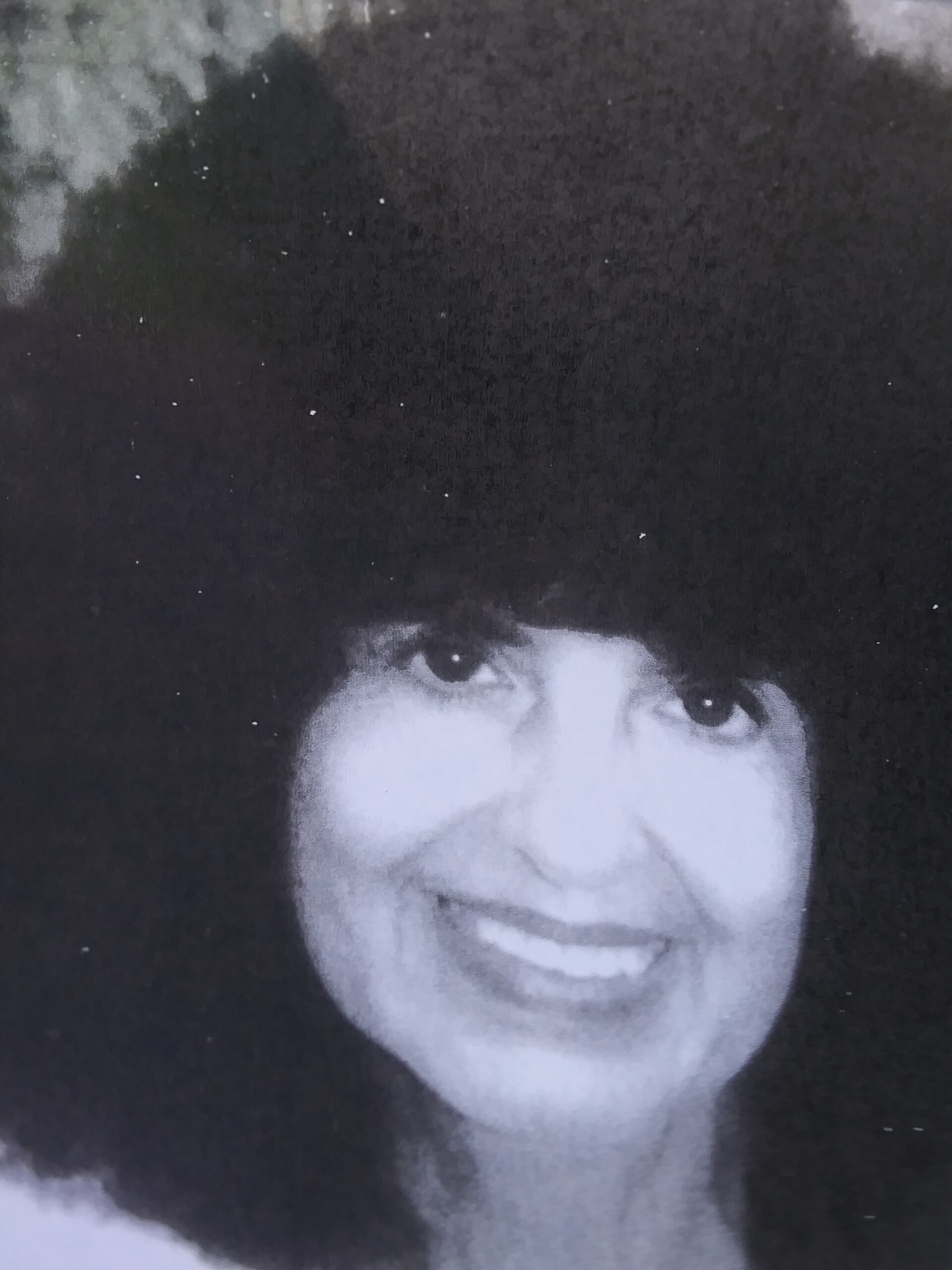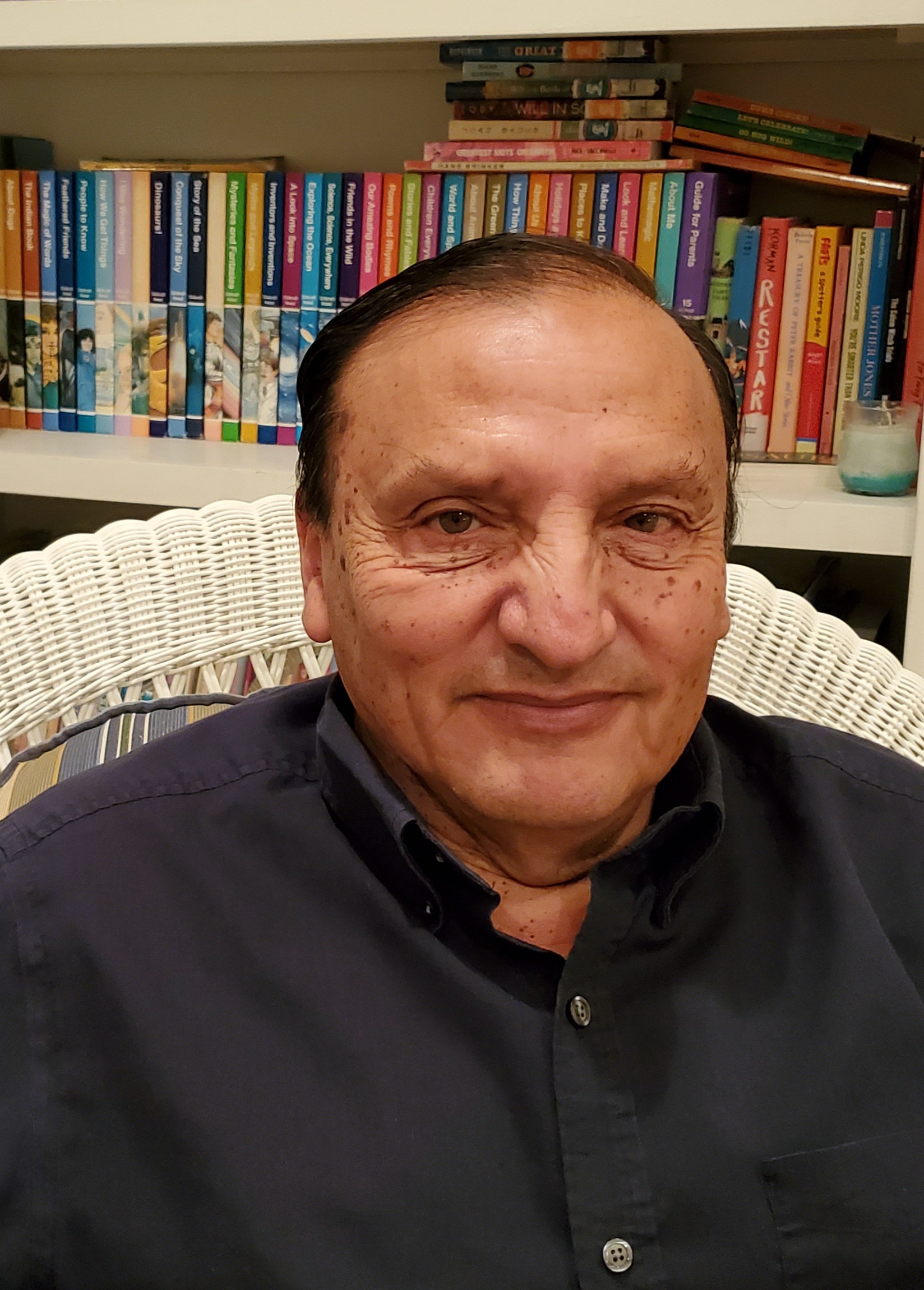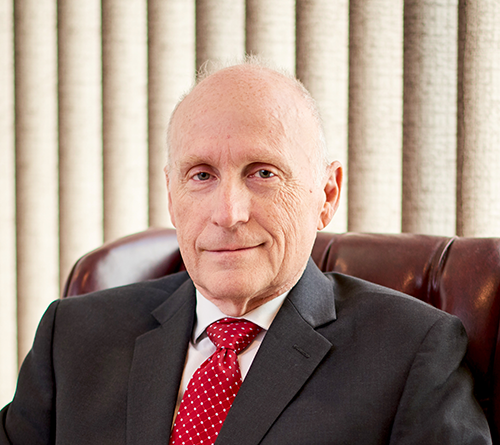Breaking Intergenerational Patterns of Addictions, Trauma and Dark Secrets with Individuals and Families
Speaker(s):
Presentation:
In this presentation you will learn strategies to help break intergenerational patterns of addictions, trauma and dark secrets in families. We will discuss the role of treatment providers, persons in recovery and families in breaking these patterns. Other topics include: the unique risk and protective factors for children of parents with substance use disorders; fetal alcohol syndrome as a risk factor and intervention strategies; the impact of siblings on the intergenerational transmission of addiction; addressing generational dark secrets and traumatic stress disorders in families.
Objectives:
- Define six risk factors for intergenerational patterns of addiction in families
- Identify the role of treatment providers in breaking intergenerational patterns of addiction, trauma and dark secrets.
- Discuss the roles of persons in recovery and families in breaking intergenerational patterns.
- Reveal the risk and protective factors for children with parents with substance use disorders.
- Review how to address dark family secrets which can foster addiction
- Discuss how to address intergenerational trauma in families
Slides and Handouts:







